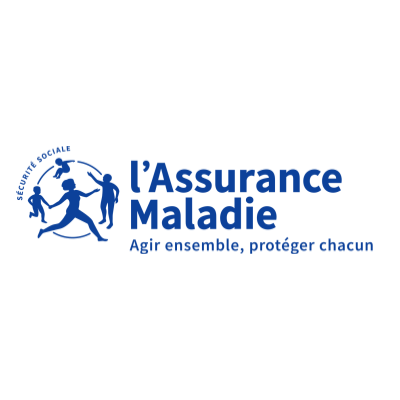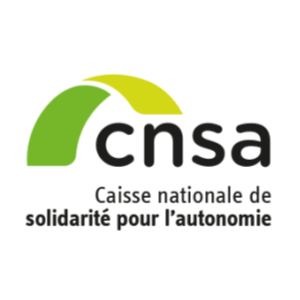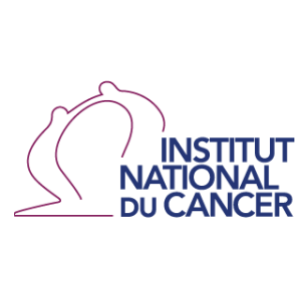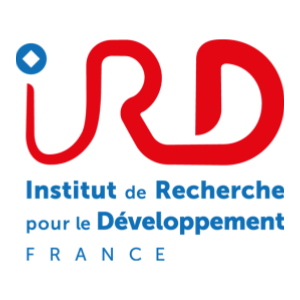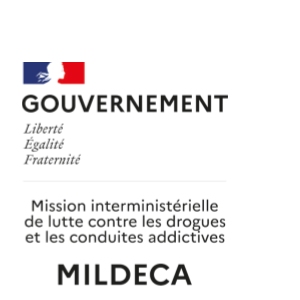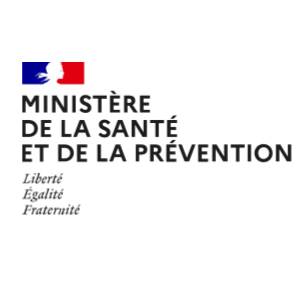Analyse de la Prévalence des Violences Subies ou Commises par des Patients Souffrant d’Addiction pris en charge dans une structure de soin
Résumé de soumission
Drug related violence is a major healthcare and legal concern, resulting in a great number of medical problems worldwide. Both economic or psychological, physical and sexual assaults are frequently associated to drug dependencies in the perpetrators as well as the victims of violence. These two life-threatening disorders involve both genders and trigger severe consequences without distinction of ethnic, cultural or social background.
In Occitanie, the prevalence of alcohol and other drugs misusage is on the highest in the country according to latest statistics published by “Santé Publique France”. Unfortunately, if we focus on specific substances such as cannabis or subpopulations among which young adults these numbers, higher than the national average, are even more worrying. In the other hand, acts of violence increased overtime and intra-familial violence showed pics during the periods of lockdown. Despite the great number of publications, the link between these two disorders remains poorly understood and needs to be explored in a large and homogeneous population. Indeed, previous studies have linked interpersonal violence to high levels of substance misuse in the general population. However, addiction-related violence within a population of patients attending specific addiction healthcare structures is under-researched and requires further investigation to explore the relationship between their addictions and the violence they may undergo or perpetrate.
The aim of this project is to examine the pathways through which violence occurs in a population of patients diagnosed with drug misuse and attending specific addiction healthcare structures. More precisely, our main goal is to investigate within our population of interest, the relationship between substance misuse and the prevalence of both suffered and perpetrated violence, including Social Violence (SV) and Intimate Partner Violence (IPV). In addition, our protocol has been designed to answer secondary questions among which: 1) the socio-demographic variables and socio-economic status of our population of interest 2) the nature, quantity and frequency of the misused substances, 3) the nature and frequency of the violence this population suffers or perpetrates, 4) whether the violence patients perpetrate is initiated or due to coping or responding and 5) their needs in term of medical care and the acceptance of that aid. All this data will be collected using an anonymous self-questionnaire adapted from well establish literature (SHEPARD and CAMPBELL, 1992., SMITH, 1999). This data will be analyzed taking into account the various risk factors associated to the aggravation of violence and substance misuse such as trauma exposure and childhood abuse.
Our study based on a great number of patients (4000) and focusing on a homogeneous population of patients attending specific addiction healthcare structures in Occitanie will bring new insights in the field of Addiction. All these answers will improve Public Healthcare via 1) the development of violence prevention programs, 2) the adaptation of the front line health care and social care staffs training and 3) the setting of new teams specifically in charge of addiction related violence within the addiction healthcare structures. As a mid-term perspective, our pilot project validated as a proof of concept might be expanded to all the addiction healthcare structures we already referenced (around 130) across our region. Including all these structures and their respective patients to a larger study will help us to create a Database of Addiction Related Violence. As long-term perspective, this Database can ultimately lead to the creation an Addiction-related Violence Regional Observatory. Our findings and the achievements they may lead to will certainly benefit public healthcare and significantly improve the working conditions of addiction healthcare professionals. Consequently, these improvements will help not only victims of violence to recover but also perpetrators to stop their violent behavior.
Equipes du projet
Coordonnateur :
PERNEY Pascal
N° ORCID : 0000-0003-2745-4013
Structure administrative de rattachement : CHU de Nîmes
Laboratoire ou équipe : Service d’Addictologie
Autres équipes participantes :
Responsable de l'équipe 2 : DONNADIEU-RIGOLE Hélène
CHU Saint Eloi et La Colombière
Responsable de l'équipe 3 : FRANCHITTO Nicolas
CHU Purpan
Responsable de l'équipe 4 : SULTAN-TIHLL Gaëlle
Hôpital de Béziers
Dites-le nous !

